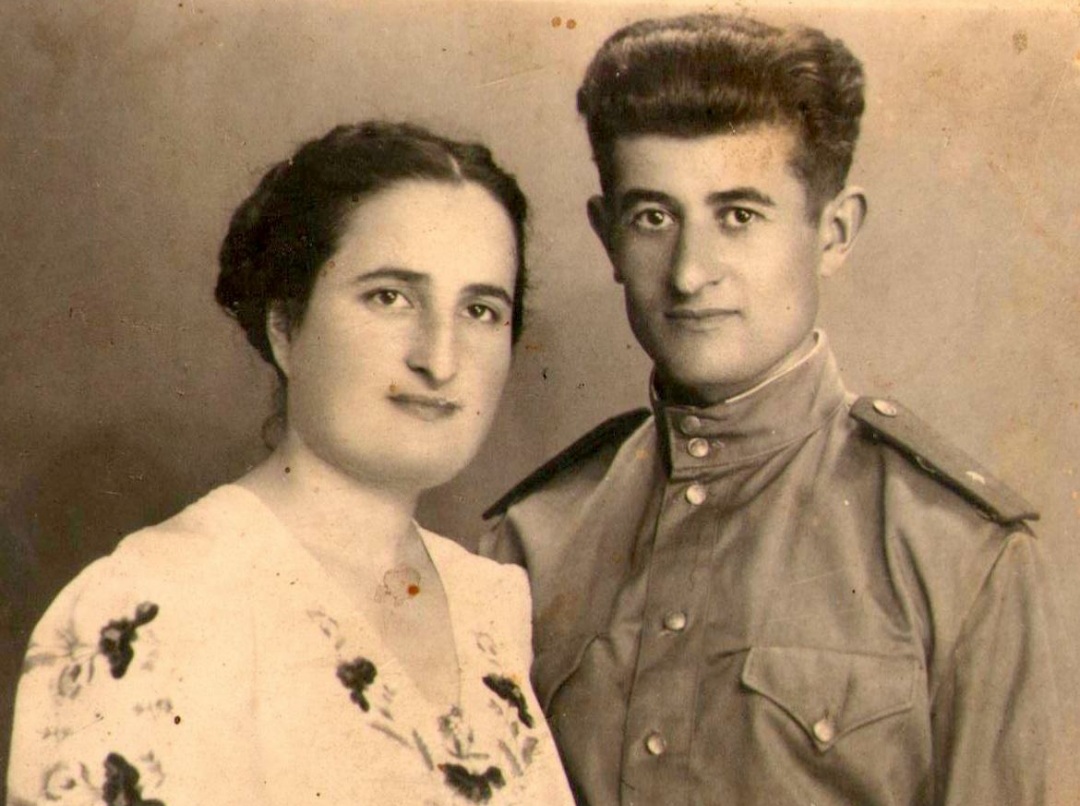About 20 years ago, my father walked into a Philadelphia hospital to visit his mother, who was being treated for a heart condition. Before he was able to enter my grandmother Chaya’s room, a nurse came out and informed him that, “The patient has passed away.”
Understandably, my father was caught completely off-guard and broke down crying. Before he was able to compose himself, another medical employee rushed towards him and informed my dad that it was a mistake. The nurse had confused my grandmother with another woman who had died that morning. Needless to say, it took him some time to recover from the shock. Despite the unpleasantness of the incident, my family felt tremendous gratitude for the miraculous “salvation.”
Thankfully, my grandmother lived another eight years—a testament to her hope and faith even in the most impossible situations.
When I began exploring Jewish wisdom, I was particularly inspired by the Jewish take on the importance of a positive mindset. The Baal Shem Tov, founder of the Chassidic movement, taught the importance of joy. By celebrating that G‑d will come to your rescue, you have already provided the remedy.
There is a story in the Talmud (Berachot 10a) about King Hezekiah, who was visited by the prophet Isaiah when he fell deathly ill. Surprisingly, Isaiah did not console the king, but proclaimed a heavenly decree: “He was to die in this world, and he would not receive a share in the World to Come.” The king was furious, “Isaiah, end your prophecy and leave! For I have received wisdom from my ancestor David: ‘Even as a sharp sword rests upon your neck, do not refrain from pleading for Divine mercy.’ ”
After proclaiming these words, the king began to pray from the depth of his heart. Despite Isaiah’s prophecy, King Hezekiah miraculously recovered and lived for 15 more years.
It was not a coincidence that my family was inadvertently reminded of this message of hope through my grandmother Chaya. Even in the atheist USSR, her parents never lost hope or their connection to Jewish values. Chaya’s father, Ezra Krakopolsky, observed Torah and mitzvahs despite Communist prohibitions. His commitment to his heritage never wavered, and he taught his children to be strong and positive despite poverty, war and illnesses. His faith was undiminished by the loss of his young daughter and his first wife, Feiga.
Ezra’s oldest daughter, Chaya, my grandmother, was a courageous and optimistic woman. She was a medical-school student when World War II began, and continued her studies to become a physician. The name “Chaya” means life, and my grandmother spent her entire career healing people. She did so with a positive attitude, emphasizing the importance of an optimistic outlook. She taught her patients to think of uplifting and positive things, thus accelerating their recovery.
Once, while attending Yom Kippur services in Philadelphia, an older woman recognized my grandmother as her daughter’s doctor in the former Soviet Union and profoundly thanked her for all that she had done for their family. Every time her child had been unwell, and she felt desperate and scared, my grandmother’s positive attitude and reassurance helped heal both physical and emotional ailments.
The Rebbe taught us not to be afraid, expecting salvation even in the most unlikely situations. This attitude allows us to transcend anxiety and despair, and uncover the true essence of our soul power. We can all be healers, positive thinkers, and ambassadors of goodness and G‑dliness. As Rabbi Lord Jonathan Sacks so wisely stated: “There’s always hope. You can lose everything else in the world, but Jews never lose hope.”
My family learned this lesson in a hospital room. Even when the “sword” is near, we have the power to pray and hope for salvation.
The Mistake at the Hospital and the Power of Hope – Grandmothers (chabad.org)

